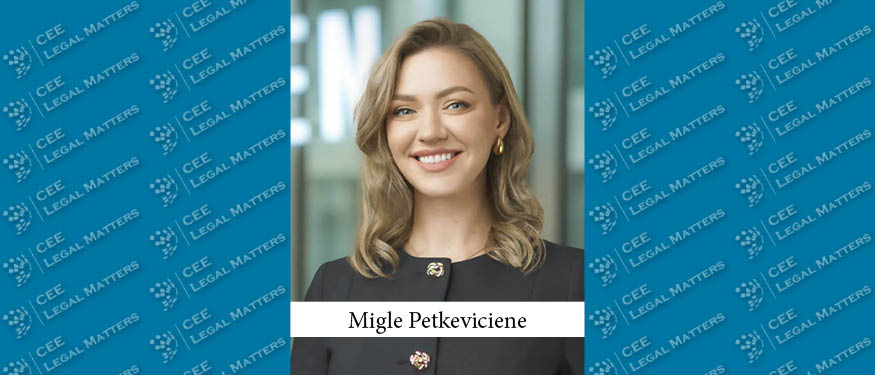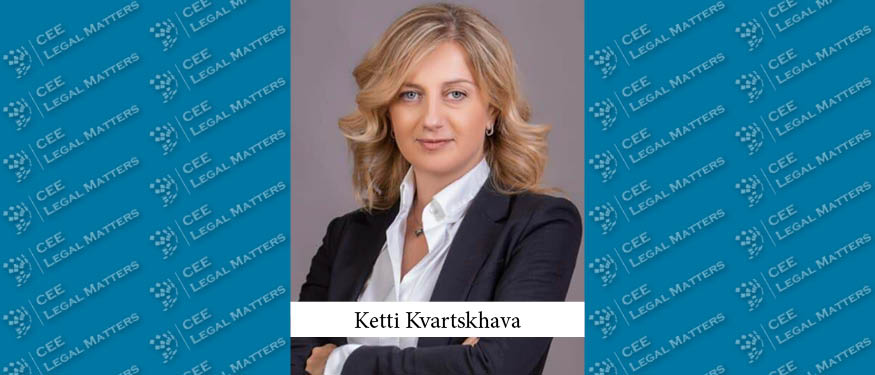There are no articles in this category. If subcategories display on this page, they may have articles.
Sidebar
Navigation

 CEE Legal Matters
In-depth coverage of the news and newsmakers that shape Europe's emerging markets
CEE Legal Matters
In-depth coverage of the news and newsmakers that shape Europe's emerging markets
04
Fri, Jul
99
New Articles
There are no articles in this category. If subcategories display on this page, they may have articles.











